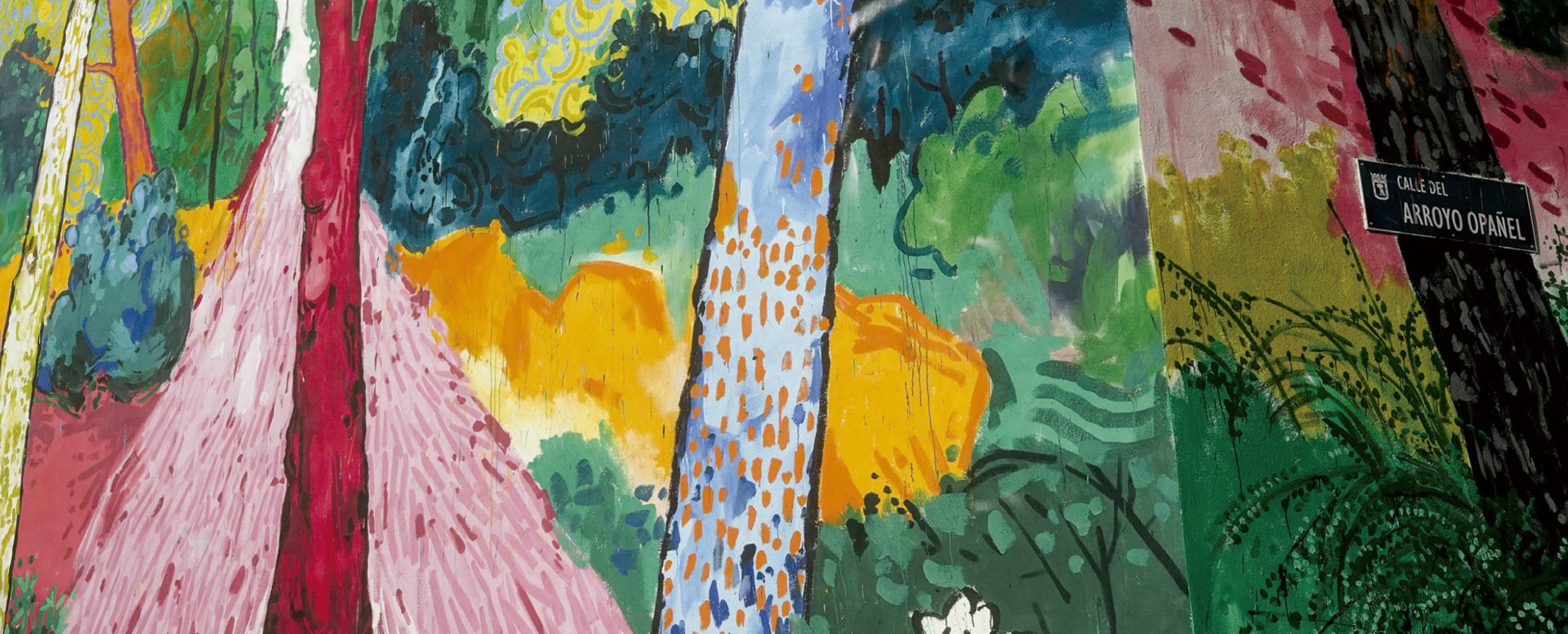The real lesson that should be learnt from cultural anthropology is rather that in order to assert that one culture is superior to another, we need to set some parameters to achieve a quite neutral description of that culture. The parameters for judging it, however, are something else entirely. They depend on our roots, our preferences, our customs, our passions, and on our system of values, which is essential to judge a culture. One of the most admirable things about the Western cultures (free and pluralist, values we consider irrevocable) is that they realised a long time ago that the same person can be led to apply different – and inherently contradictory – parameters to different matters. Reflecting on our parameters also means deciding that we are willing to tolerate anything, but that we consider certain things intolerable. We consider our culture mature because it is able to tolerate diversity, and it is precisely at times of confusion that we need to know how to wield the weapons of analysis and criticism, of our own superstitions and of other people’s.
(Click on the link to read the full story)



